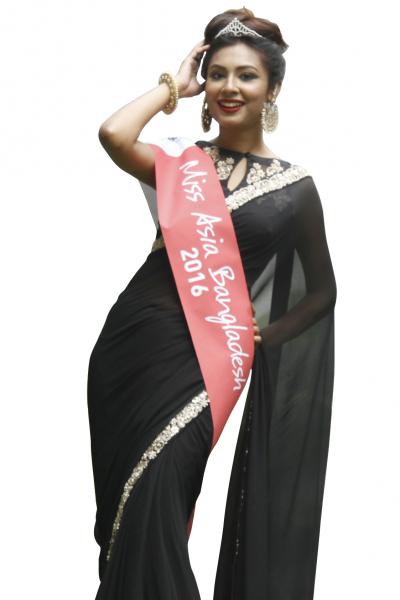With a staging of Rabindranath Tagore’s “Shapmochon” by Pallavi Dance Centre and renditions of mystic songs of Lalon Shah by Arif Ali Baul, the curtain fell on the three-day long Hay Festival Dhaka yesterday.
At the closing ceremony, Mahfuz Anam, editor and publisher of The Daily Star, thanked Bangla Academy for hosting the festival. He expressed hope that Bangladeshi writers would get more exposure in the international arena through the festival.
Prof Shamsuzzam Khan, director of Bangla Academy, said it was an honour for Bangladesh to see so many writers from across the world gather here. “This [the festival] is a beginning to many more such events.”
Throughout the day, the academy premises vibrated with music and dances. Young writers, even students of literature, went to meet their heroes. Students jostled around popular writer Muhammad Zafar Iqbal and took turns to take photographs with him.
“This festival allowed the people of the country to interact with and learn from writers of other countries as well as gave them a chance to intermingle with our writers,” said Zafar Iqbal.
The audience had cherished the moments spent with Vikram Seth in the auditorium over the last two days. But it was a refreshing change to see him outside on the lawns, signing books for adoring fans and giving a charming recital of selected verses from The Golden Gate. “It was only through writing a novel in verse that I had the courage to write a novel at all,” he said about his inspiring novel.
At a morning session, somebody asked Khademul Islam, editor of online journal Bengal Lights, if the online journals and ebooks herald the eventual extinction of printed books. He replied that he could not imagine a world without traditional publishing industry.
In another session titled “Lifelines”, writer and academic Firdous Azim remarked that describing sexual encounters was something Bangladeshi women writers had not done yet. “I would ask them to start now,” she said.
“So would I!” interjected the male moderator, Mahmud Rahman with humour.
In a similar note, seasoned Kolkata writer Debesh Ray, at another session said the writers should focus on the body because the mind resides in it.
Syed Shamsul Haq boldly declared that translating poetry was impossible. He said one can “trans-create” poetry by taking the theme and create his/her own poem.
Kaiser Haq, who is known as a literary translator, said the translator must decide how much of the rhyme and structure of the original work he/she wants to retain.
“I don’t want to write like Shakespeare,” said Kaiser Haq to an aspiring writer, who suggested that she got discouraged by looking at the works of Shakespeare or Tagore. “What Shakespeare said is completely different from what I want to say in my work,” he added.
Popular writer Anisul Hoque’s presence was visible throughout the festival as he participated in different sessions.
Talking about how the festival benefited him as a writer, he said, “Philip Hensher read a translation of my book and said that he would advise translators in the UK to translate my work. On the other hand, I also read his work and found them very interesting. This exchange of opinions would not have been possible if it wasn’t for Hay Festival Dhaka.”
Source: The Daily Star










